How We Gave Up Control Over The Social Web
November 13, 2013 1 Comment
A short but pithy piece over the weekend by Dave Winer titled “Why the Web 2.0 model is obsolete” got me thinking about where we’ve ended up with social media after nearly ten years. Blogs, wikis, and other tools of easily shared self-expression from the early days have given away in recent years to a much less diverse social media monoculture. A few large social networks now control our social identity, content, and behavior, and through their terms of service, often literally own our online existence legally and de facto.
This evolution was perhaps inevitable given the rules through which networks operate and certainly the result has its strengths. It’s far easier for consumers and businesses to adopt a hosted service than set up their own social presence, with all the complicated bits it requires to set up a fully functional social identity on your own these days. It’s also probably more secure, safe, and reliable long term. It’s certainly the shortest route to connecting with the vast captive audiences that the leading social networks now wield.
Yet in the process of making many short term decisions in the name of reach and convenience, many of us have given away our social capital, and along with it much of our online autonomy and freedom. I’ve long since stopped advising companies to drive their traffic to Facebook (disclaimer: I am a shareholder) and build their own online communities and digital ecosystems if they are intending to be strategic about things like social business and open APIs.
The impressive thing is that we’ve largely achieved the original vision of Web 2.0 and it’s just how we do things now. We share by default. We use social media more than any other digital activity. Social media is now woven into so much of what we do today. Yet the majority of all of this user generated content and online community is now centralized in a few large social silos that can no longer talk to each other.
Even worse, if we go the opposite direction that might seem better long term, we’ve discovered issues with that model too. For example, we’ve learned that when we create many smaller, self-controlled, and more autonomous social environments we then create fragmentation. We can’t easily communicate or collaborate with each other across these social islands. Thus, for as many downsides as the monolithic social networks have, they do achieve one important thing: They create a very large single social universe that we can all communicate across.
So what should we collectively do? Should we cave in and trust that the corporate owners of the social world will be benevolent, even when they clearly have business models that are very often at cross purposes to our needs and desires? Or should we find a way to solve the problem of creating our own social corners on the Web and then connecting them together, all while making it very easy to do so? Personally, I’m hoping it’s the latter. Certainly I’ve explored previously how open social standards have a genuine shot at helping with this, even if it might be a bit of a long shot.
The reality is that social media silos are now holding us back, both as individuals and as businesses. We can do much better if we want. But getting there requires a little long-term discipline and plenty of widespread demand. That makes it pretty unlikely in the face of the enormously strong network effects of the largest social networks today. But perhaps there’s a third option to regaining control over our social lives. In fact, I predict the next big breakthrough in social media is likely to come from the need to resolve this tension between the unfortunate long term consequences of centralized social media and the benefits of a much more federated and user controlled model. Unfortunately, recent history has been a steady march towards the former.
So until then, we all need to mull over where our collective decisions are taking us, for as social media is perhaps the greatest communication revolution in history, its intrinsic power cuts both ways.













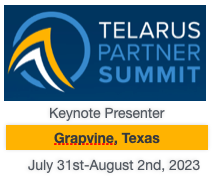
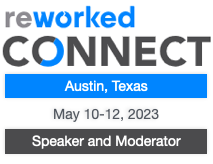
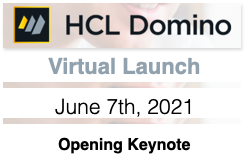






























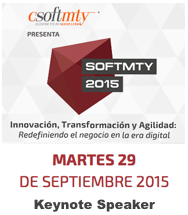


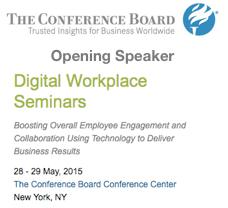










I suspect the shift maybe more subtle, and perhaps we are starting to see it in the corporate signals, Microsoft’s recent “ivatepray” ads in the UK announced that Outlook gives you more control over your data. I predict that the first Corporate that understands that they are “our” broker and then give “us” both control and a slice of the action, will see a landslide of users heading their way. Sadly this may start off in a balkanised manner… hopefully the global players will realise that balkanisation is not in their interests. Here’s hoping that Google will shift their Corporate Slogan from “Do No Evil!” to “Spread the Love!” Maybe others will then follow suit.